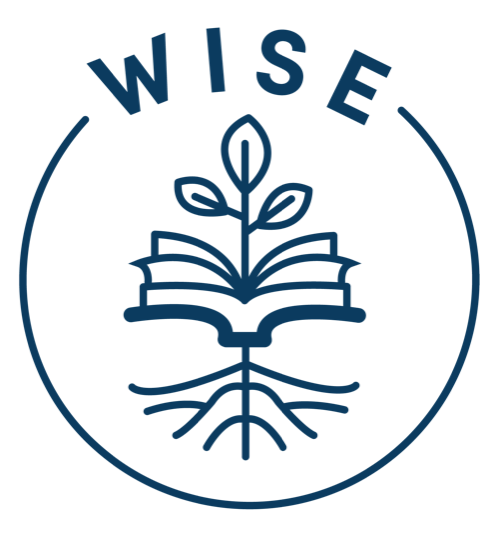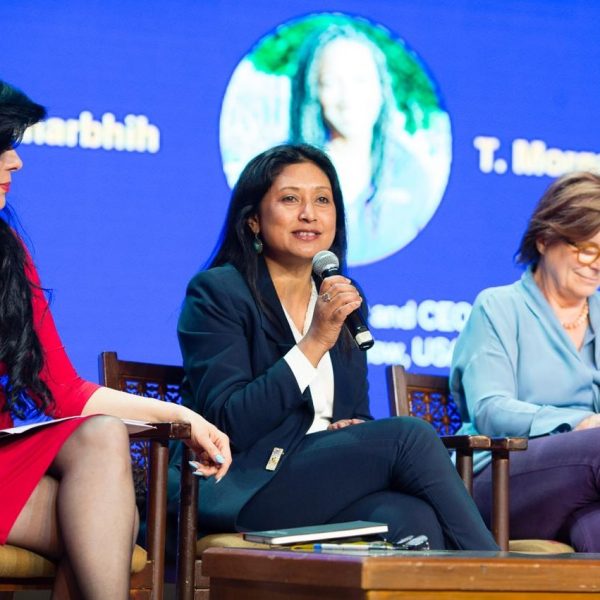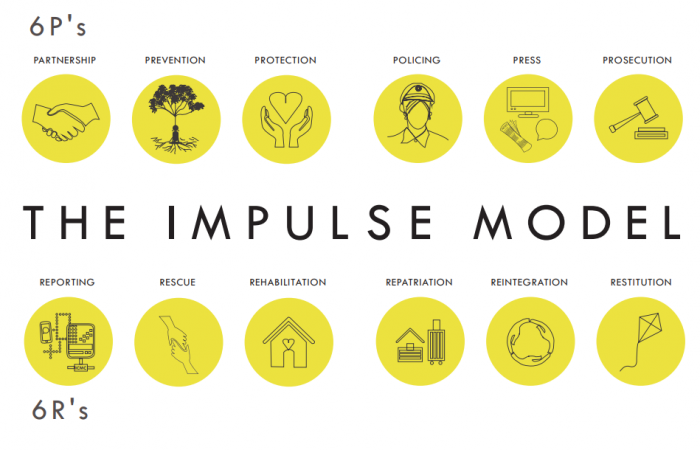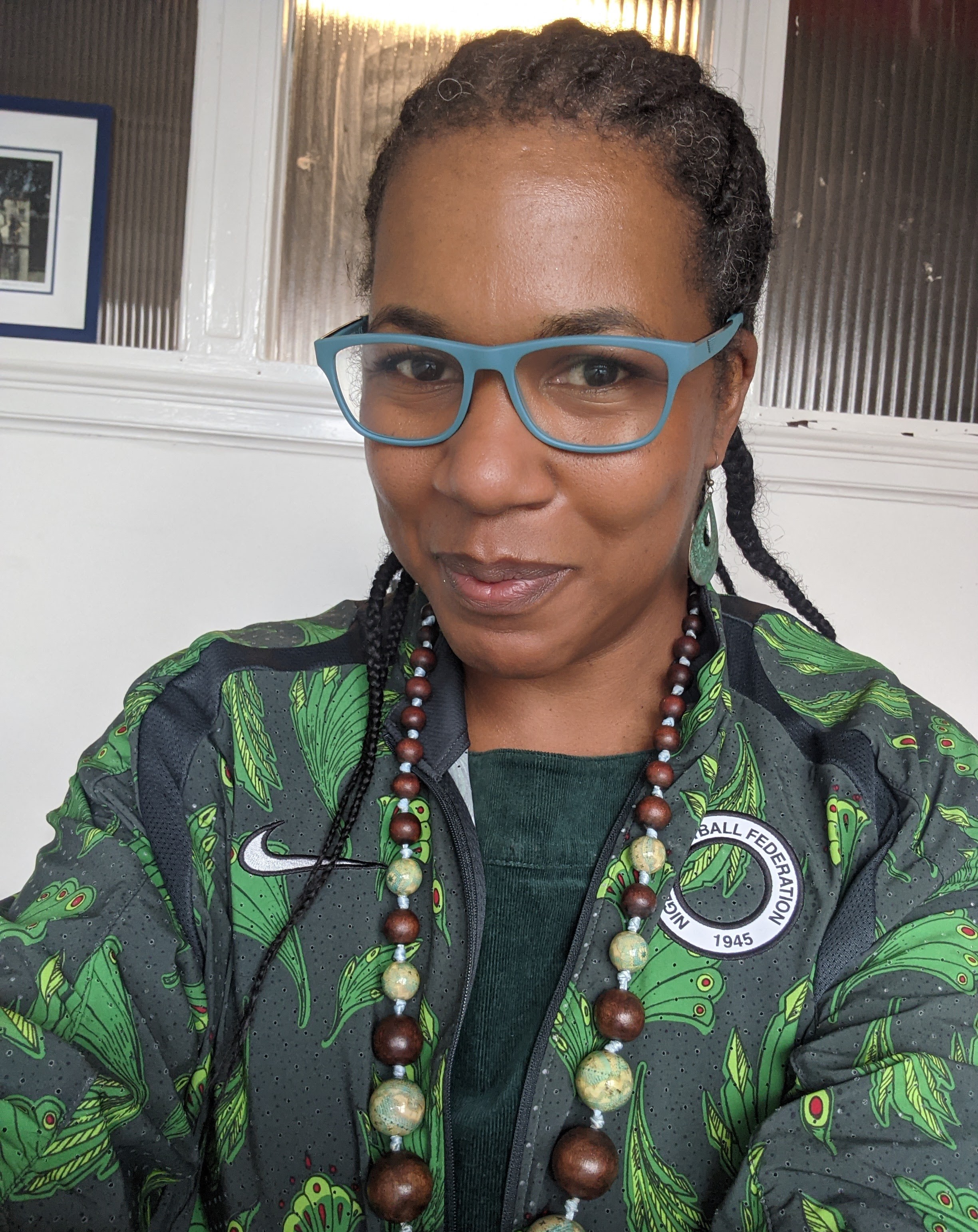Hasina remembers sitting in a cramped police station in 1989 to demand someone take action to protect a human trafficking survivor from her village. Instead of assisting her, she recalled an officer lecturing her: “Young lady, you should not be spending your time in a police station. If a woman wants to leave the home and be a prostitute, you should not be so affected.”
Hasina’s concerns were not only dismissed but often belittled as authority figures insisted that human trafficking cases resulted from conscious choices made by individuals. But Hasina’s research and relationships with survivors indicated otherwise. Hasina maintained that the dominant attitude held by police was not only morally wrong but illegal—India’s Criminal Law stipulated there be “comprehensive measures to counter the menace of human trafficking.”
Hasina and her team took matters into their own hands to institutionalize a new protocol for addressing human trafficking nationally and internationally. In three decades, INGON has mandated training for law enforcement, established response bodies known as Anti-Human Trafficking Units (AHTU), and achieved legal victories that shut down rat-hole mining operations using child labor.
First, INGON created a curriculum and training manual based on resources from the U.S. State Department for Indian law enforcement and police training schools to better identify and protect victims of human trafficking. Training is now mandatory, standardized, and funded by the Ministry of Home Affairs. Alongside like-minded organizations, INGON also successfully lobbied the Ministry to set up Anti-Human Trafficking Units (AHTU) in every Indian state.
INGON has also achieved several court wins. For example, Hasina and her team fought the rampant problem of child labor and exploitation in the rat-hole coal mines in India’s Jaintia Hills district. This unlawful and dangerous form of mining, categorized by digging deep vertical shafts, has caused untold human and environmental disasters, including the exploitation of around 70,000 child laborers from Nepal and Bangladesh. Despite many attempted physical attacks and a ransacking of their office, INGON successfully filed a Public Interest Litigation (PIL) with the National Green Tribunal (NGT) in 2014 which instituted a blanket ban on rat–hole mining in the state of Meghalaya, a $650 million industry. However, mine owners are not giving up, and INGON continues to take legal action against the industry to protect both child laborers and the environment.






Very interesting!